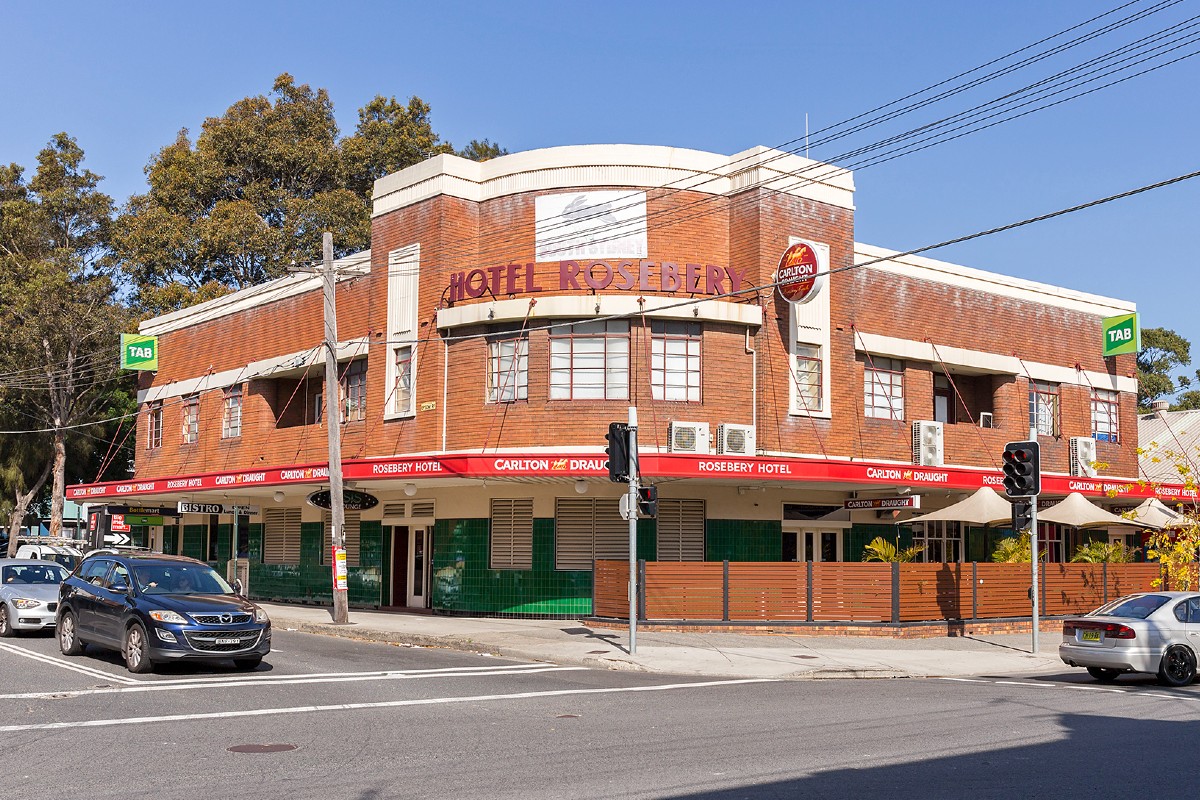
Rosebery soon to see two-storey developments after planning exception not extended

Image: Lord Mayor Clover Moore has written to Rosebery Residents explaining that a planning exemption has not been extended beyond 2022. Photo: Wikimedia commons.
By SHARLOTTE THOU
Two-storey developments approved by private certifiers in Rosebery are to be permitted after an exception to a NSW government policy has not been extended.
The exception, which was applied to the ‘Rosebery Estate’ in order to preserve the suburb’s heritage and specific urban features, was granted for the Sydney suburb from May 2021 until December of 2022. The exemption meant two-storey house developments were not allowed to be built in the area.
NSW Minster for Planning Anthony Roberts advised Sydney Lord Mayor Clover Moore that the Rosebery Estate exemption will not be extended beyond December.
Cr Moore wrote a letter to Rosebery residents explaining the decision.
Sydney Mayor addresses residents concerns
In the letter to Rosebery residents, Cr Moore stated the exception mitigated “threat[s] to the special character of the Rosebery Estate” caused by allowing two-storey developments to be approved by a private certifier “without appropriate setbacks to protect Rosebery’s single-storey bungalow streetscape”.
Rosebery’s ‘special character’ refers to its original design as a ‘model industrial suburb’, which was advertised in 1913 as the “ideal of the manufacturer and mechanic alike”, with “model factories and model homes”.

Today, Rosebery retains Federation, Californian Bungalow and other inter-war housing styles.
The Rosebery Covenant, established in 1914, attempts to protect this character by detailing the “type of housing” that is permitted. This includes restrictions on the number of storeys of a property, the materials of the front façade and the number of dwellings on a lot.
A report released by the Department of Planning, Industry and Environment in 2020 revealed that adherence to this covenant was “not applied consistently” by private certifiers, as there were at least 11 two storey developments that were lodged as Complying Developments (contravening the Rosebery covenant) from July-December 2020.
Lord Mayor Clover Moore said this was a “good outcome”, which “strikes a balance between maintaining Rosebery’s special character and providing certainty for landowners who wish to improve their properties”.
However, she remains concerned that private certifiers may incorrectly issue Complying Development Certificates for two-storey development. Moore told residents that if this happens, council will have “no regulatory power to stop the work”, and “it would be up to individual residents to take legal action to enforce the contract”.
The NSW Department of Planning and Environment has agreed that any two-storey development addition in the Rosebery area must be assessed as a development application rather than being approved as a Complying Development.
A Complying Development is approved by a private certifier as opposed to local council and are often less onerous to apply for than development applications. This will likely result in less applications and will ensure that the developments are “subject to thorough assessment and community consultation”.










